Senegal
In Senegal; it is the first time since the West African nation's independence in 1960 that the ruling party's group loses its absolute majority in Parliament. It will have to rely on other forces in parliament to pass legislation.
The opposition had hoped the elections would impose a cohabitation, or divided government, on Sall and curb any ambitions he may have for a third term.
And it seems to have succeeded. The main opposition coalition Yewwi Askane Wi won 56 seats, while its ally Wallu Senegal won 24 seats.
Some seven million Senegalese were eligible to vote in the election in order to choose between 8 coalitions. The interior ministry said the participation rate was 47 percent.
The ruling coalition - which includes Sall's party Alliance for the Republic (APR) and other parties- lost 43 seats from the 125 it secured in 2017. According to local media; the opposition gained ground, particularly in urban area.
Three other seats were won by three small coalitions who could serve as kingmakers.
For the final results to be declared by the Constitutionnal Council; the competing coalitions will be given time to voice any concerns.
On Wednesday; the main opposition coalition asked the National Commission for the Census of Votes to suspend the publication of the results to examine complaints over alleged "irregularities" and "fraud" during the one-round election.




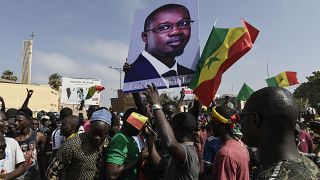
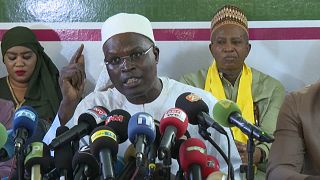
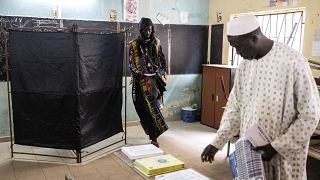

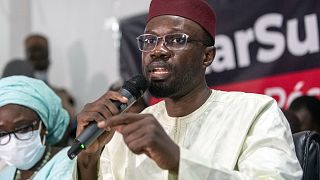
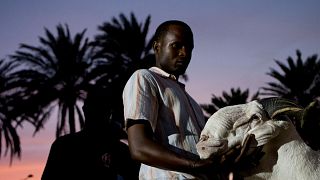



01:04
Turkish democracy under pressure: Erdogan's top rival sentenced to two years in prison.
00:43
American agency S&P downgrades Senegal's credit rating from B to B-
02:23
Cameroon: Mixed reactions in Yaoundé after Biya announces bid for another term
Go to video
Togo protest crackdown raises fears of worsening political crisis
Go to video
Tunisia sentences prominent opposition leader to 14 years in prison
01:01
Chad’s former Prime Minister appeals to Macron after two months in detention